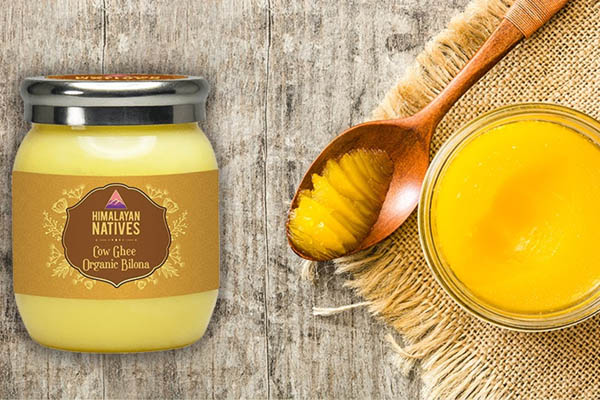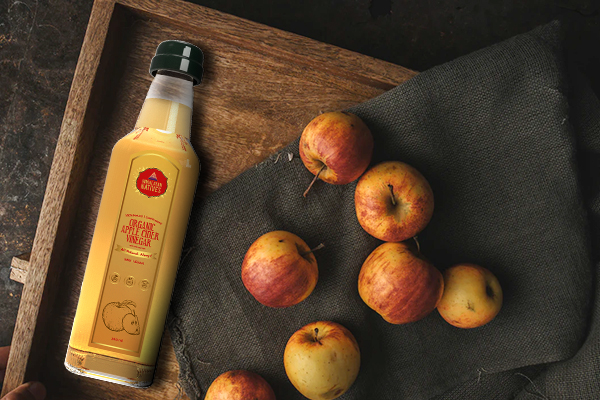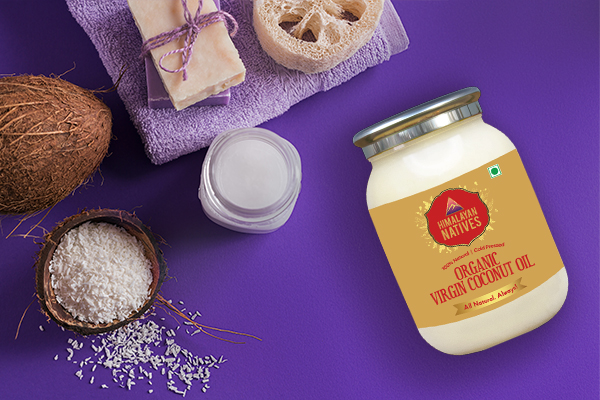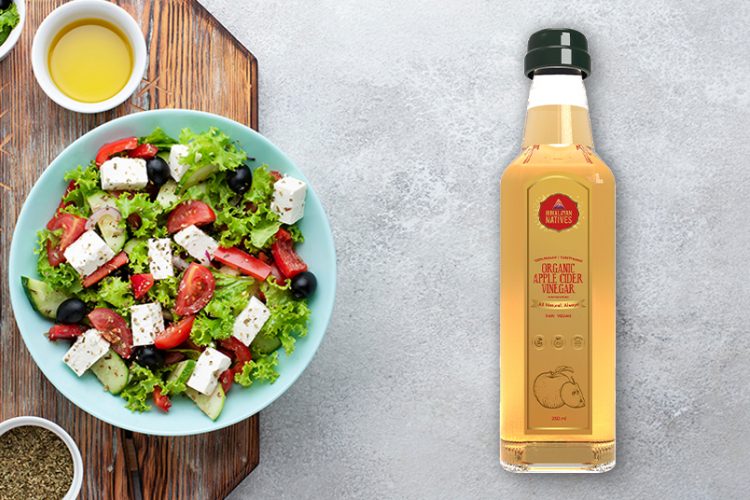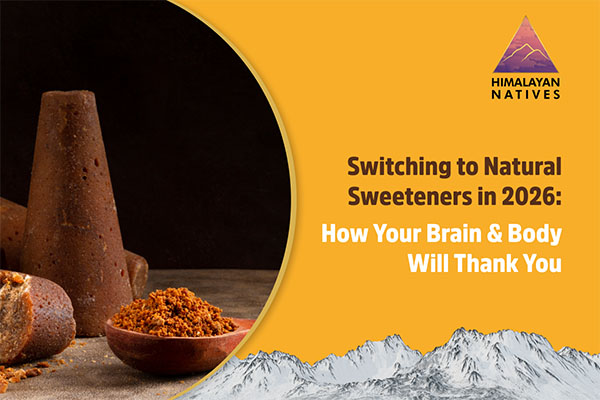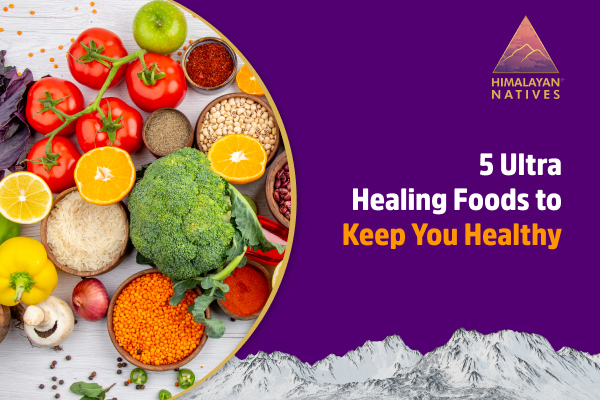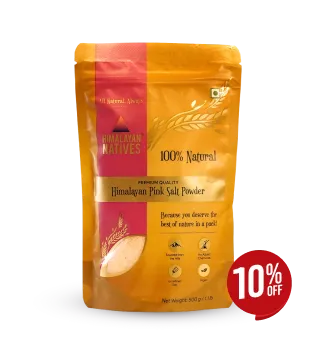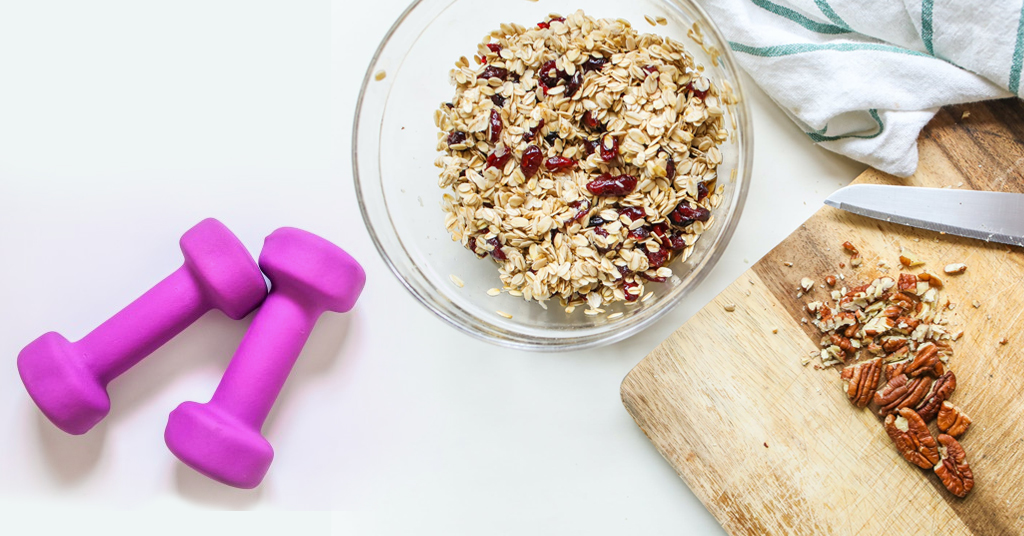
Exercise or workout can be defined as any movement that makes your muscles work and your body to burn excess calories. There are different types of physical activities which include gymming, swimming, running, jogging, walking and dancing, among many others.
One needs to incorporate workout activities in their daily routine to remain fit and active at all ages. According to experts, a certain amount of physical activity may help maintain health while aging. And nowadays, there is an increase in interest in people wanting to lose weight, tone up, burn fat, and make more muscles.
Nevertheless, apart from lifting weights, doing push-ups, lunges, squats, and running on the treadmill tirelessly, there are a few things that need to be kept in mind after working out. It is essential to keep a watch on your pre-workout foods and post-workout foods to ensure your desired results. While any pre-workout food should be easy on the stomach but should provide the required boost in energy. On the other hand, the role of any post-workout meal is to ensure that the body gets all the necessary supplies it needs in order to recover.
Pre-workout Food
Fueling your body with the right nutrients prior to exercise will give you the energy and help you need to perform better. Each macronutrient has a specific role in your pre-workout foods. However, the ratio in which you need to consume them varies from one individual to another, and also depends on the type of exercise. Let us take a look at some of the most important pre-workout foods that should be included in your diet:
Carbohydrates
Muscles use glucose from carbs for fuel. Through glycogen, the body processes and stores glucose in the liver and muscles. For short and high-intensity exercises, the glycogen that is stored in the muscles’ primary source of energy. But for longer exercises, the use of carbs depends on several factors. These include the intensity of training, type of training, and overall diet. The glycogen that is stored in the muscles is limited, and as these start depleting, your output and intensity begin to diminish. According to studies, carbohydrates can increase glycogen stores and their utilization while boosting carb-oxidation during exercise. Carb loading, which involves consuming a high-carb diet for 1-7 days, is a well-known method to maximize glycogen stores. Hence, it is important to include some carbs in your diet as your pre-workout food.
Protein
As per many studies, pre-workout food consumption has the potential to improve athletic performance. Consuming only protein or with carbs before exercising has shown to increase muscle protein synthesis. Another study showed a positive anabolic response after people consumed 20 grams of whey protein before exercise.
Other benefits of eating protein before exercise include:
- Better muscle growth
- Improved muscle recovery
- Increased strength
- Lean body mass
- Increased muscle performance
Fat
Glycogen is used for short and high-intensity bouts of exercises. On the other hand, fat is the source of fuel for longer and moderate-to-low-intensity exercises. As per a few studies, there are positive effects of fat intake on athletic performance. However, these studies involved taking a thorough look at high-fat diets over a long period, rather than only prior to exercise. For instance, one study showed how a four-week diet consisting of 40% fat increased endurance running times in healthy, trained runners.
What To Eat Before A Workout?
What foods to consume and in what amount depends on the type, duration, and intensity of the workout. A good rule of thumb is to include a mix of carbs and protein in your pre-workout food regime. You can choose to consume any of the following mentioned pre-workout foods.
- Whole-grain bread sandwich, lean protein, and salad
- Egg omelet and whole-grain toast topped with avocado spread and one cup of fruit
- Lean protein, brown rice, and roasted vegetables
- Protein smoothie with milk, protein powder, banana, and mixed berries
- Whole-grain cereal and milk
- A cup of oatmeal topped with banana and sliced almonds
- Natural almond butter and fruit preserve sandwich on a whole-grain bread
- Greek yogurt and fruit
- Nutrition bar with protein and wholesome ingredients
- A piece of fruit like banana, orange, or apple
Post Workout Meal
While working out, muscles use up their glycogen stores for fuel and hence they remain partially depleted of glycogen content. Some of the proteins in the muscles also get broken down and damaged. Post-workout, the body tries to rebuild its glycogen stores and repair and regrow the proteins in the muscles. Consumption of proper nutrients post your workout can help your body recover faster. It is most important to include carbs and protein in your post-workout meals. Just as pre-workout foods can help you power through your workouts, train harder, and support your nutrition goals, what you eat after a workout can also have an impact.
Let us take a look at some of the most important post-workout foods that should be included in your diet:
Protein To Repair & Build Muscles
Workouts aid in the breakdown of proteins in the muscles which depends on the kind of exercise and the level of training. Consuming an adequate amount of protein after a workout provides your body with the amino acids it needs to repair and rebuild these lost proteins. It also provides you with the building blocks that are required to build new muscle tissues. It’s recommended to include 0.14-0.23 grams of protein per pound of body weight (0.3-0.5 grams/kg) in post-workout food. According to several studies, the intake of 20-40 grams of protein is known to maximize the body’s ability to recover after workout sessions.
Carbohydrates For Recovery
The body’s glycogen stores are used as fuel during exercise and consuming carbs post-workout helps replenish them. Consumption of 0.5–0.7 grams of carbs per pound (1.1-1.5 grams/kg) of body weight within 30 minutes after workout sessions result in proper glycogen resynthesis. Moreover, insulin secretion is better stimulated when carbs and protein are consumed together which promotes glycogen synthesis. Always try consuming both carbs and protein in a ratio of 3:1 (carbs to protein). For instance, if you consume 40 grams of protein, then along with that consume 120 grams of carbohydrates. Eating plenty of carbs to rebuild glycogen stores is most important for people who exercise regularly or twice a day.
What To Eat After A Workout Session?
The most important goal of any post-workout meal is to supply the body with proper nutrients for adequate recovery and also to maximize the benefits of the workout. Therefore, choosing foods that are easily digestible will promote faster nutrient absorption.
- Grilled or roasted vegetables
- Egg omelet with avocado spread on toast
- Salmon with sweet potato
- Oatmeal, whey protein, banana, and almonds
- Cottage cheese and fruits
- Pita and hummus
- Rice crackers and peanut butter
- Whole grain toast and almond butter
- Cereal and skim milk
- Greek yogurt, berries, and granola
- Protein shake and banana
- Quinoa bowl with berries and pecans
- Multi-grain bread and raw peanuts
Being active has shown to have many health benefits, both physically and mentally. It may even help increase your lifespan and quality of life. Therefore, to maintain a healthy lifestyle inside & out, exercise and a good diet are important which includes both pre-workout food and post-workout meals.
 HELPFUL0 people found it helpful
HELPFUL0 people found it helpful
Related Blogs
Subscribe to Our Blogs
and never miss on the latest update!







